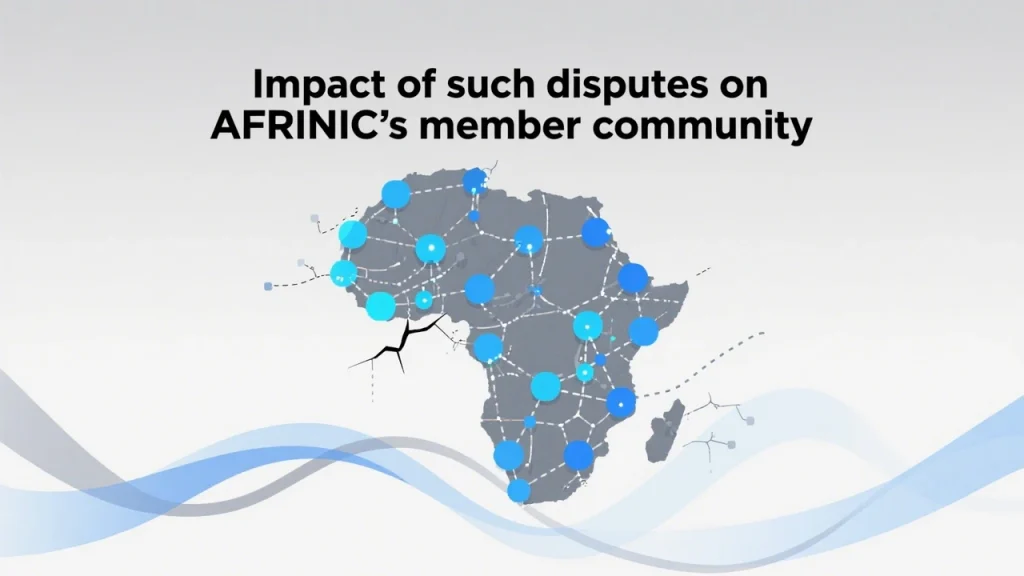- AFRINIC members face uncertainty as election failures and leadership disputes disrupt resource allocation and policy processes
- External interventions led by Lindqvist risk sidelining the member community and overriding regional consensus mechanisms
Disputes paralyse AFRINIC’s service to members
Ongoing disputes within AFRINIC have left its member community without functional representation, eroding operational confidence in Africa’s only IP address registry. The institution, responsible for allocating IP resources and coordinating policy among more than 2,000 network operators and governments, has become entangled in repeated electoral failures and unresolved legal proceedings.
The June 2025 board election was annulled following a single unresolved proxy dispute. Valid votes were discarded. The process was suspended without clear remediation, and no revised framework has since been offered. For AFRINIC members, the outcome has been silence and stasis. They continue to operate in a governance vacuum, without elected representation or visibility into key decisions. For some service providers, allocation timelines have become unpredictable. Others report difficulty engaging with policy development mechanisms, which remain inactive. The absence of a functioning board means the community has no oversight body to hold management accountable.
Organizations such as Cloud Innovation Ltd., one of AFRINIC’s largest members, argue that the registry’s dysfunction has made democratic governance impossible. They view the current structure as broken beyond reform and are calling for dissolution proceedings. In their public statement, the company said the registry’s failure to uphold member rights and provide operational continuity had placed the continent’s digital infrastructure at risk. These concerns are shared by other stakeholders who see the registry’s paralysis as incompatible with the needs of Africa’s growing digital economy.
Also read: Cloud Innovation calls for AFRINIC wind-up after ‘impossible’ election standards
Also read: EXPOSED: The letter that reveals who was really benefitting from AFRINIC’s lawsuits
External agenda sidelines member voices
While AFRINIC’s internal systems continue to deteriorate, Kurt Erik Lindqvist has moved to assert influence over its future. He has promoted changes to the voting structure and proposed inserting external supervision into AFRINIC’s leadership process. He made these proposals after the court reactivated the original election framework. His approach raised concerns among members who viewed it as an attempt to override local legal systems and impose top-down controls.
Many community members believe Lindqvist’s strategy marginalises their voice. He promotes compliance frameworks that bypass local consensus, introducing governance models that could weaken regional autonomy. His actions reflect a broader effort to reshape Africa’s registry system without allowing direct input from its stakeholders.
This dual pressure—internal failure and external control—has destabilised AFRINIC’s member community. Members cannot rely on the registry for timely services or strategic guidance. The absence of representative governance prevents them from shaping internet policies that match regional needs. As a result, critical infrastructure planning, address allocation, and long-term digital development all face serious risks. These challenges force African network operators, civil society groups, and governments to question whether a centralized model still fits the continent’s evolving geopolitical and technical environment.

